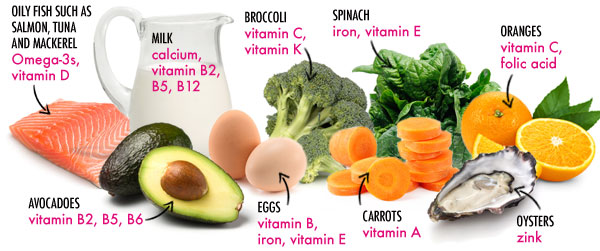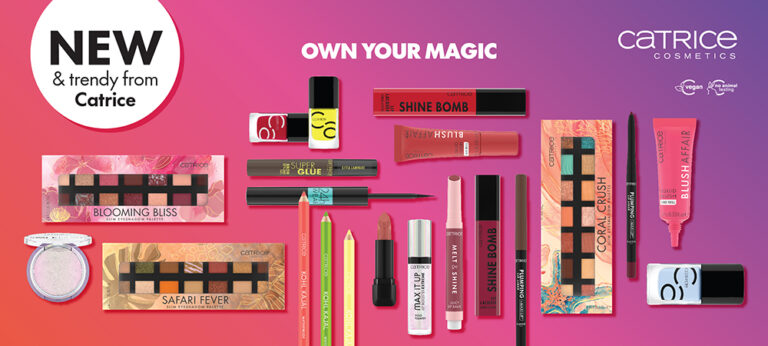 Since the first multivitamins hit the market in the 1930s, nutritional supplements have become big business: the 1999–2000 National Health and Nutrition Examination Survey revealed that 52% of American adults in the United States had taken at least one dietary supplement in the last month, for an array of conditions as diverse as dry skin, poor night sight and depression. But do vitamins and minerals really work or are they just a marketing scam?
Since the first multivitamins hit the market in the 1930s, nutritional supplements have become big business: the 1999–2000 National Health and Nutrition Examination Survey revealed that 52% of American adults in the United States had taken at least one dietary supplement in the last month, for an array of conditions as diverse as dry skin, poor night sight and depression. But do vitamins and minerals really work or are they just a marketing scam?
While scores of people around the world see supplements as the holy grail of health, recent studies suggest we may be putting too much faith in the value of popping vitamin and mineral pills. For instance, a 2008 review involving 232,000 subjects and published by the Cochrane Collaboration produced surprising results.
‘We could find no evidence to support taking antioxidant supplements to reduce the risk of dying earlier in healthy people or patients with various diseases,’ said Goran Bjelakovich, the visiting researcher who led the review at Copenhagen University. ‘The findings show that, if anything, people in trial groups given beta-carotene, vitamin A and vitamin E showed increased rates of mortality. There was no indication that vitamin C and selenium may have positive or negative effects; we need more data [on these]. The bottom line is that current evidence does not support the use of antioxidant supplements in the general healthy population.’
The key to understanding these results may lie in Bjelakovich’s reference to the ‘general healthy population’ – people who may be taking supplements unnecessarily. For those already getting their fill of vitamins and minerals via a balanced diet, feeding themselves more in supplement form could do more harm than good. This doesn’t mean there is no place for supplements; but simply that they should be approached with caution and taken only if necessary.
Unless a specific vitamin or mineral deficiency is present, most people’s nutritional needs can be met by eating a balanced diet encompassing plenty of fresh fruit and vegetables. If you feel you’re not getting your greens or other nutritional essentials, a daily multi-vitamin supplement should be sufficient to make up any deficits. If you suspect you are suffering from a particular vitamin or mineral shortage, consult your doctor before placing yourself on any course of treatment. At all costs, stay away from mega-doses of any supplement – while nutritional insufficiencies can be harmful, so can mineral or vitamin overloads.
Natural vitamin-boosters
The best way to get your fill of micro-nutrients is through your regular diet – the way nature intended. The following foods are fantastic sources of vitamins and minerals that won’t wreak havoc with your health.

IMAGES: Shutterstock.com





15 Responses
I believe in a balanced diet but still take supplements.
I agree that eating healthy is way better than popping tablets.
Because if my diet (not enough time to eat properly) I take a multivitamin and I’m pretty satisfied with the results.
All the things that I love eating
Vital article… Being Vegetarian gotta take some supplements too…